When You Buy Bitcoin, What Are You Actually Buying?
Note: This post may contain affiliate links, and we may earn a commission (with No additional cost for you) if you make a purchase via our link. See our disclosure for more info. The crypto world is constantly changing. This content is for informational purposes only and not financial, legal, or professional advice So, please verify the info on the cryptocurrency provider’s websites.
When you buy Bitcoin, you're snagging a digital asset linked to a blockchain. It's not some shiny coin you can hold in your hand. No, it's a unique string of code that signifies ownership. You can store it, transfer it, or just watch its value swing wildly. It's fundamentally a ticket to the crypto rollercoaster. Want a better ride? Stick around. There's more to unravel about this digital game.
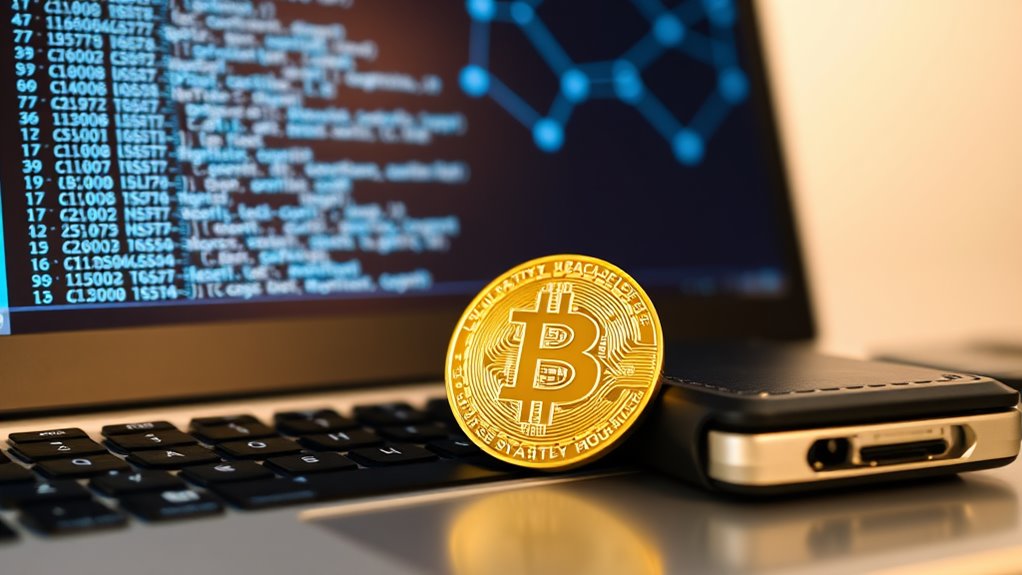 digital currency ownership rights">
digital currency ownership rights">Buying Bitcoin can feel like stepping into a wild west of finance, where the rules are still being written. You've got centralized exchanges like Coinbase and Kraken, where most people go to buy their precious digital gold. But there are also peer-to-peer platforms and decentralized exchanges popping up, offering a different flavor. Why? Because everyone wants to be a cowboy in this crypto frontier.
Navigating the Bitcoin landscape is like diving into the wild west—full of opportunities and risks waiting to be seized.
Then there are mainstream brokerages like Robinhood and payment services like PayPal, making it easier than ever for folks to jump on the Bitcoin bandwagon. But hold on! If you want to play in this regulated sandbox, be prepared to hand over some identification. KYC compliance is the name of the game. They want to know who you are—no sneaky business here.
When it comes to payment methods, fiat currencies rule the roost. Whether it's USD, EUR, or INR, bank transfers and credit cards are the go-to options. Some exchanges even let you buy Bitcoin directly with crypto deposits. In fact, multiple methods are available for purchasing Bitcoin, including using credit cards and services like PayPal. Understanding Bitcoin's adoption prospects is crucial for new investors looking to navigate these options effectively.
Want to automate your Bitcoin purchases? No problem. Platforms like Gemini allow you to set up recurring buys, so you can invest while you binge-watch your favorite show.
Now, let's talk order types. Market orders are like jumping into a freezing pool—quick and potentially shocking. Limit orders? Those let you play it safe, but they run the risk of not executing at all.
Storage is a whole other beast. If you're keeping your Bitcoin on an exchange, you might as well leave it out in the open for thieves. External wallets are the way to go. They keep your private keys safe, and believe it or not, cold wallets are actually not that chilly—they just protect you from hackers. After completing your purchase, transferring your Bitcoin to a personal wallet is essential for maximizing security and maintaining full control over your digital assets.
In the end, buying Bitcoin is about maneuvering through this chaotic landscape. It's not just a purchase; it's a leap into the future of finance—or perhaps the next great financial gamble. Choose wisely, or don't. Up to you.
Frequently Asked Questions
How Do I Securely Store My Bitcoin After Purchasing?
Securing Bitcoin after purchase? It's a wild ride.
Hardware wallets are like Fort Knox for your private keys—safe but not foolproof.
Paper wallets? Sure, if you like living on the edge of disaster.
Seed phrases? Store them in a fireproof box, or risk losing everything to a small mishap.
Don't forget, education is key.
If you treat Bitcoin like a toy, it could vanish in a heartbeat.
Play smart.
Can I Buy a Fraction of a Bitcoin?
Absolutely, you can buy a fraction of a Bitcoin.
In fact, you don't even need to sell a kidney for it! Thanks to Bitcoin's divisibility, you can snag as little as 0.00000001 BTC.
Cool, right? Platforms like Coinbase and Binance let you jump in for as low as $10.
So, whether you're a cautious newbie or just testing the waters, fractional ownership is your ticket to the crypto game.
Go for it!
What Fees Are Associated With Buying Bitcoin?
Buying Bitcoin isn't just about the price tag. Oh no, there are fees—lots of them.
Network transaction fees can hit you with a $0.50 to $2.50 bill, depending on how crowded the blockchain is.
Then there are exchange fees, which can range from annoying to outrageous, like Robinhood's 0.55%.
Don't forget loan and withdrawal fees. It's like paying for a fancy dinner and realizing there's a tip on top. Fun, right?
Is Bitcoin Legal in My Country?
Is Bitcoin legal in your country? Well, it depends. Some nations embrace it, like the U.S., Germany, and Japan.
Others? Not so much. Countries like China and Bangladesh have slammed the door shut. A mixed bag, really.
Some have rules but don't outright ban it, while places like El Salvador give Bitcoin a thumbs-up as legal tender.
How Does Bitcoin Mining Relate to Buying Bitcoin?
Bitcoin mining and buying? Totally different beasts.
Miners dig up new coins while maintaining the network. It's like being a digital gold miner, but with a lot more headaches—hardware, energy bills, you name it.
Buying Bitcoin? Way easier. Just click and own. But hey, when you buy, you're banking on someone else's hard work.
Miners are the backbone, ensuring transactions are legit. Without them, Bitcoin's value would plummet faster than your phone battery.

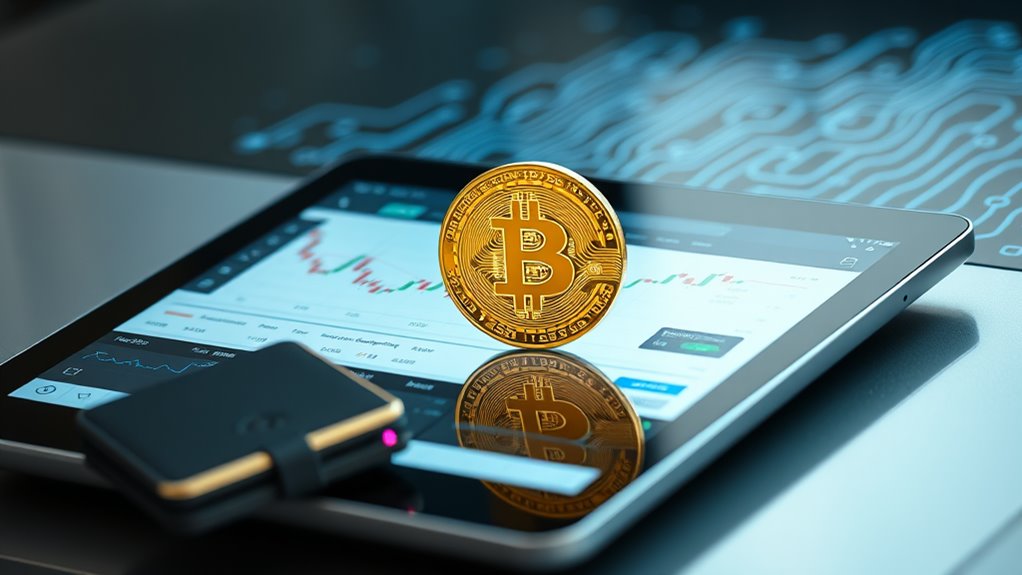
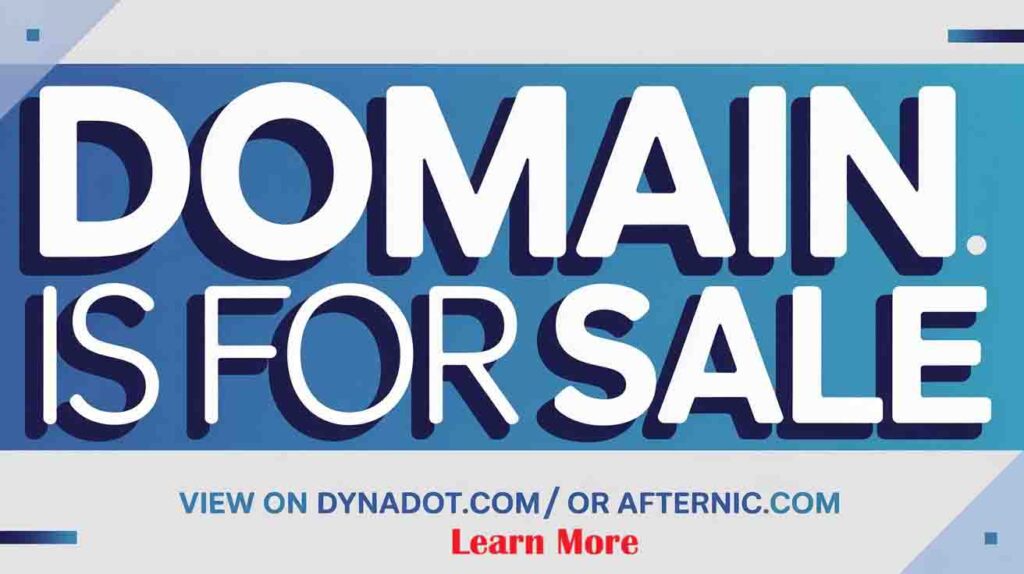
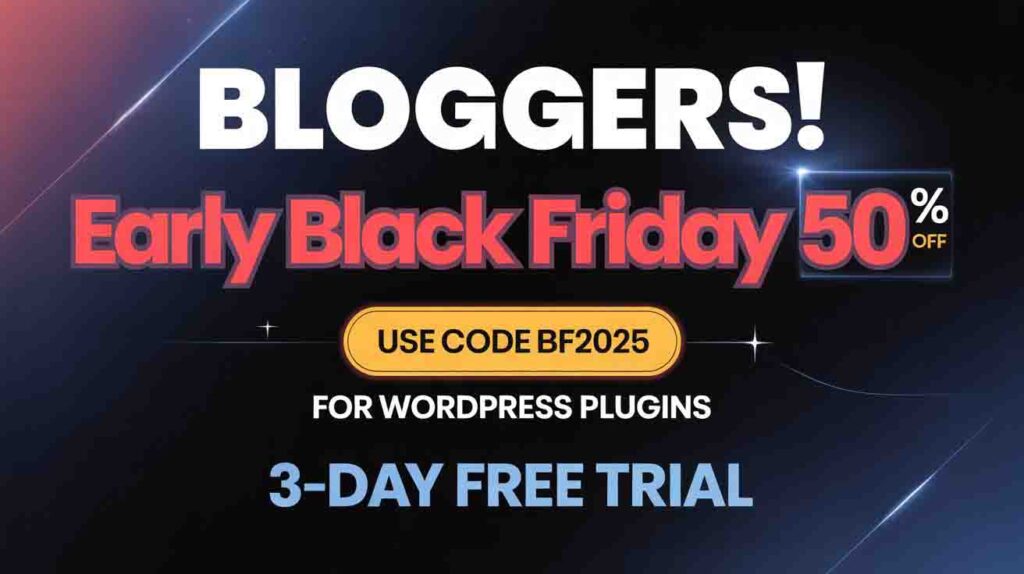



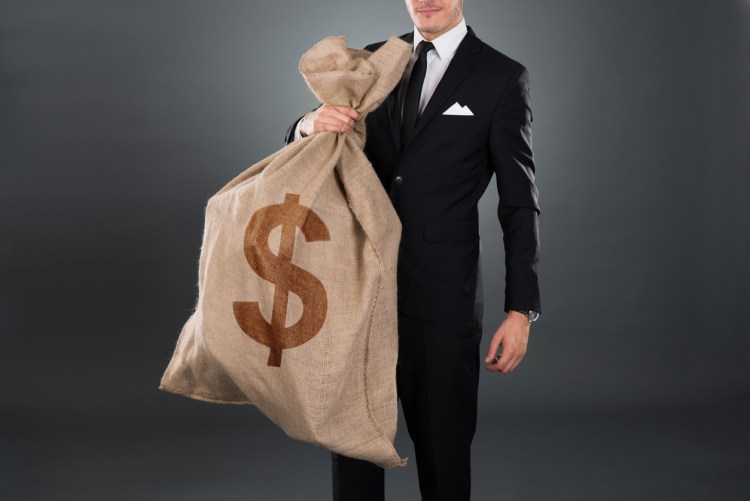
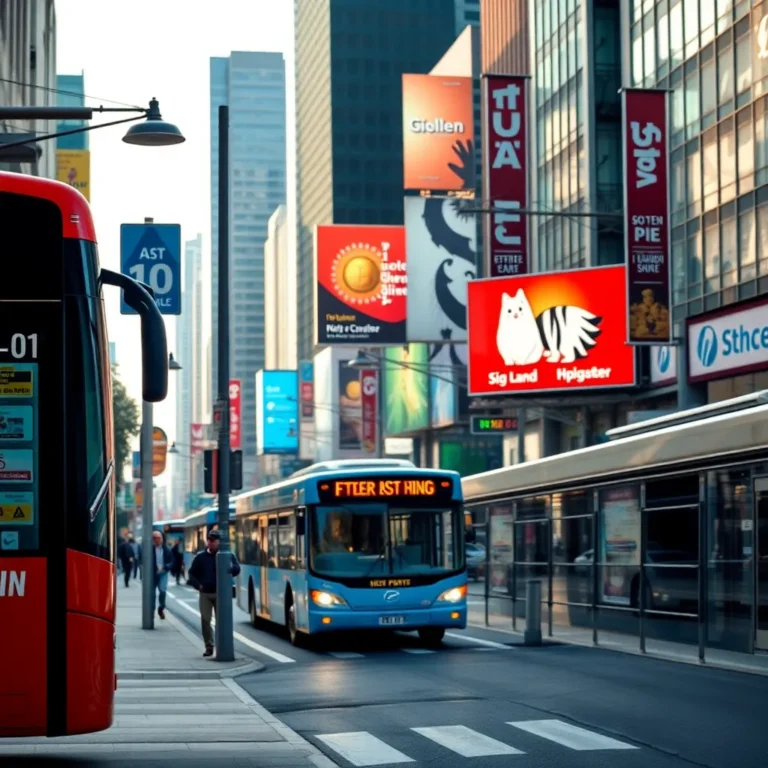

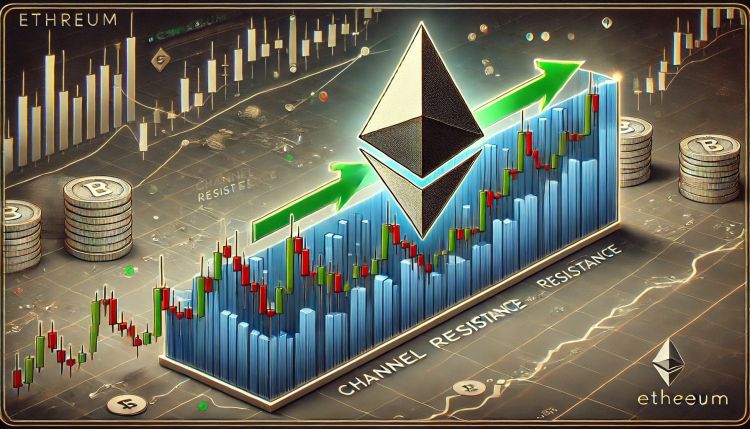

2 Comments